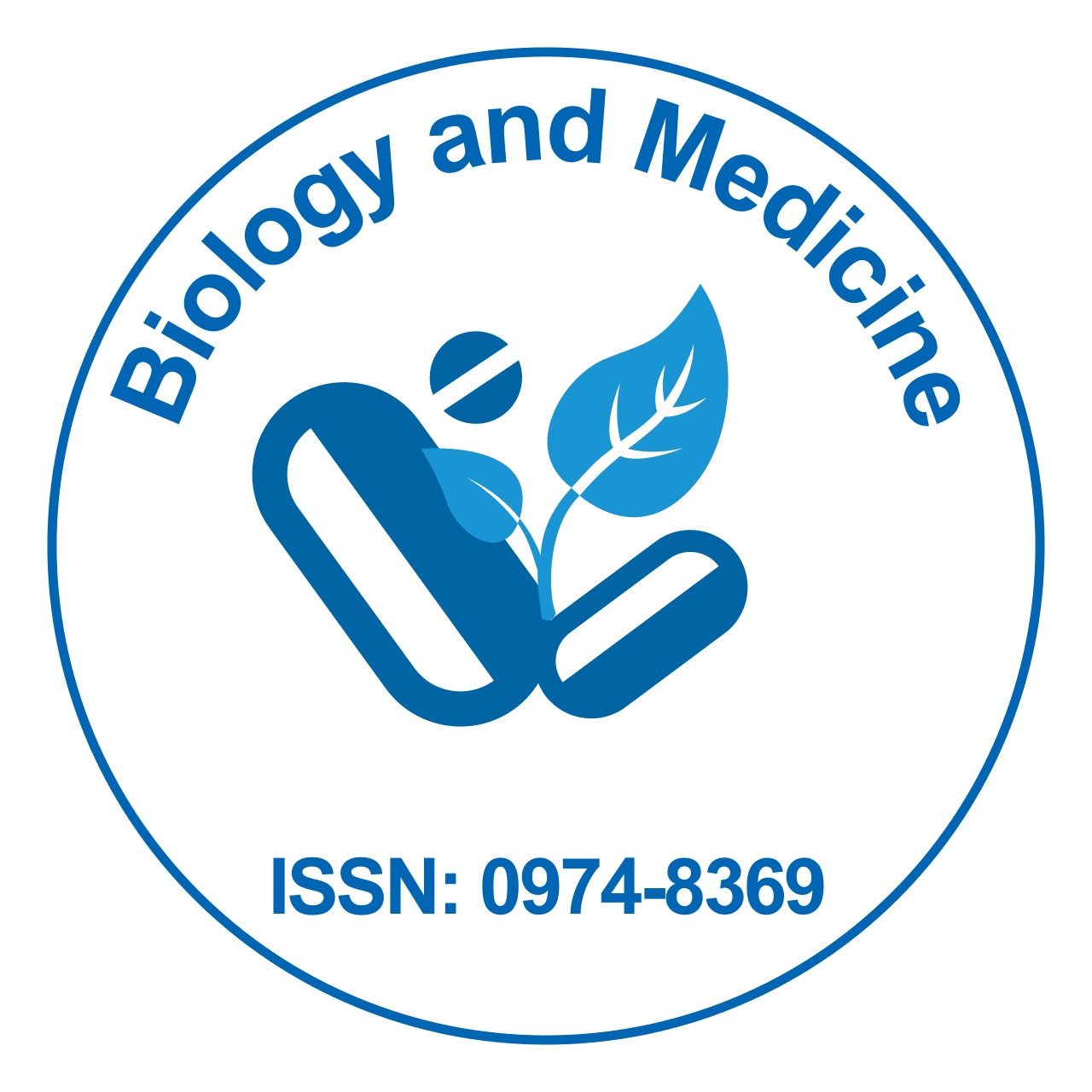


Objectives: Development of a mathematical model and its implementation as a computer program for diagnostics and prediction of progression of the most widespread cardiovascular diseases; the program is to model different variants of disease progression for an observed patient, and to select individual recommendations for correction of his or her lifestyle, regimen and diet. Methods: Combination of technologies of neural networks and expert systems with a resulting synergistic effect. Results and Conclusion: Investigations of the developed mathematical model showed that it is able to reveal new knowledge which is yet unknown to medical science. In the course of software experiments performed by means of a diagnostics-and-prediction system, we revealed the facts showing that modern medical practice patterns of giving one and the same recommendations to all the cardiac patients without exception (including keeping to a hypocholesteric diet, giving up pernicious habits, limiting coffee and alcoholic drinks, losing weight and limiting intellectual and physical activity) are not always correct. Our investigations showed that some of these recommendations are not just unhealthy, but harmful for a number of patients. The neuro-expert diagnostics-and-prediction system presented in this paper allows doctors to reveal such non-typical patients and to develop individual recommendations especially for them.
Read Article